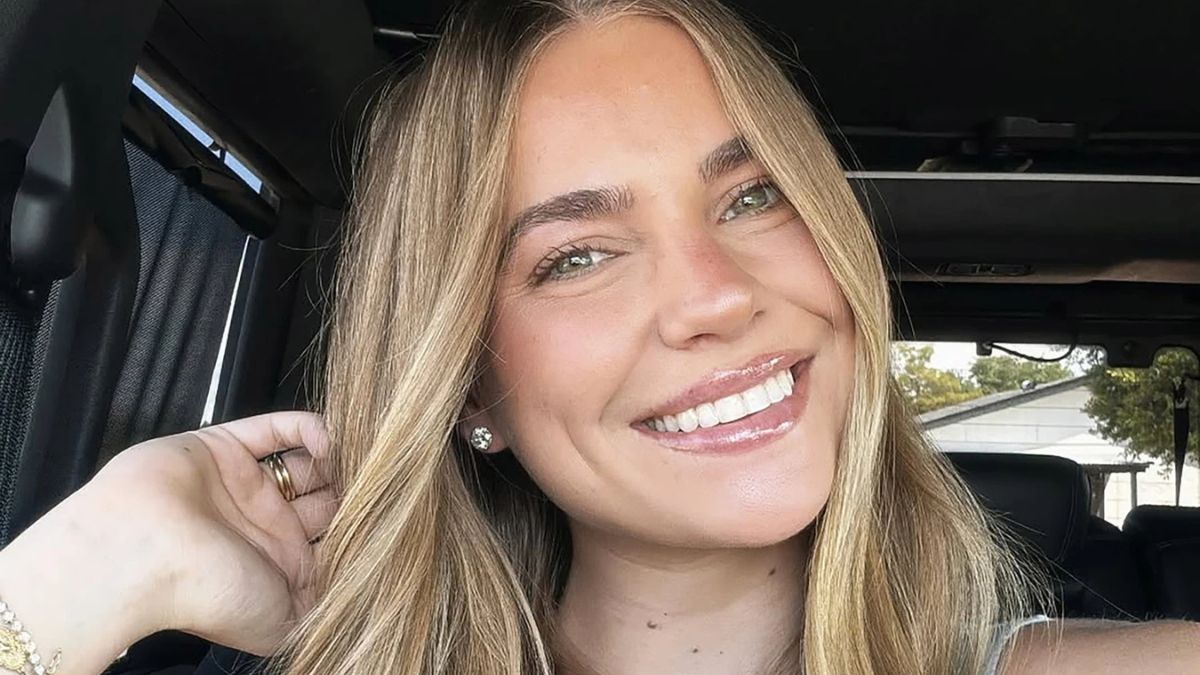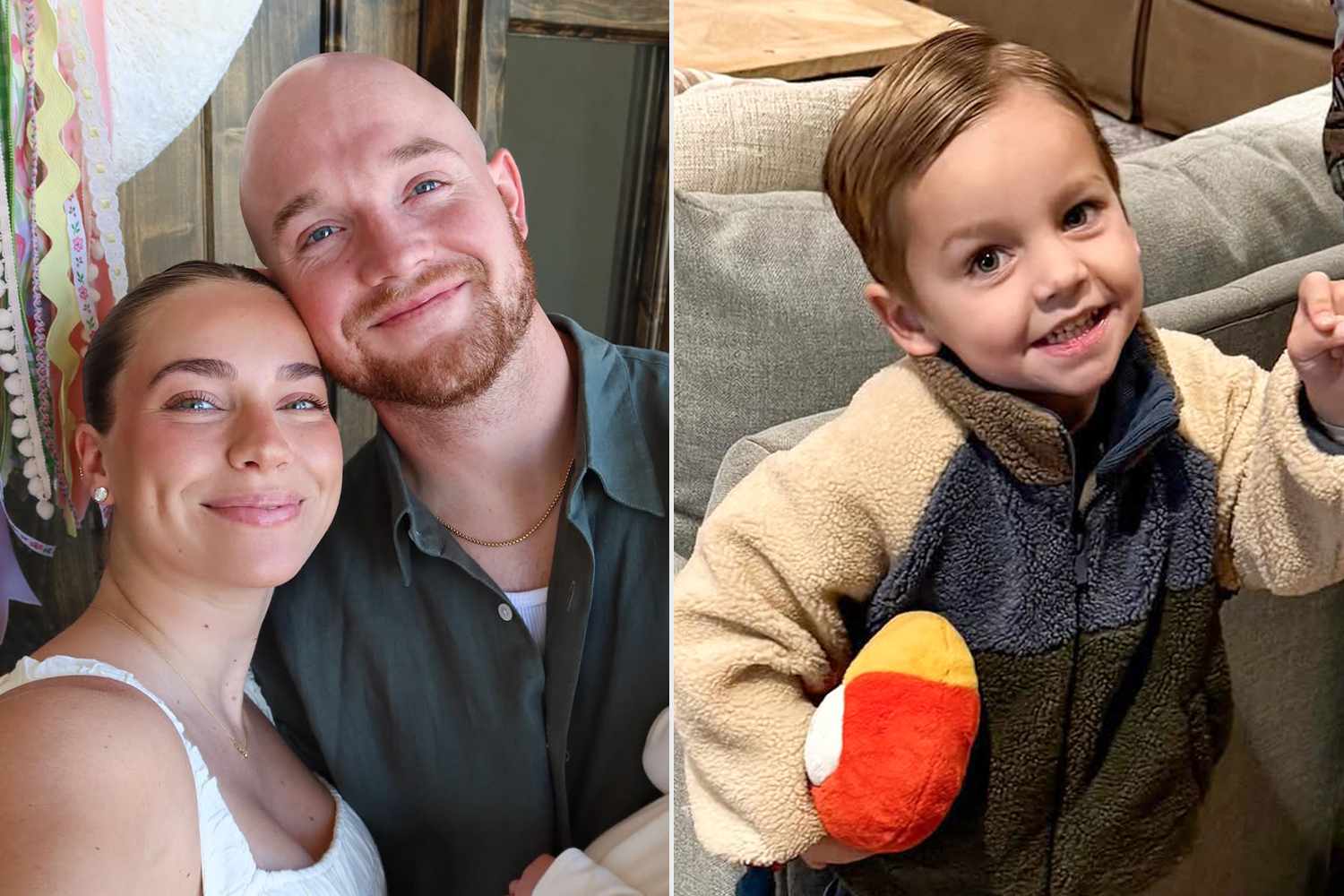Police Recommend Child Abuse Charge in Emilie Kiser’s Son’s Drowning

Police Recommend Child Abuse Charge in Emilie Kiser’s Son’s Drowning
The tragic death of Emilie Kiser's son has taken a devastating legal turn as authorities recommend child abuse charges against the social media influencer's husband. The Chandler Police Department announced on Tuesday that they have completed their investigation into the drowning death of three-year-old Trigg Kiser and are recommending a Class 4 felony charge against Brady Kiser.
The heartbreaking incident occurred on May 12, 2025, when Emilie Kiser's son Trigg was discovered unresponsive in the family's backyard pool at their Chandler, Arizona home. The three-year-old was rushed to Chandler Regional Medical Center before being airlifted to Phoenix Children's Hospital in critical condition. Despite medical efforts, Trigg succumbed to his injuries on May 18, 2025.
Emilie Kiser, a prominent social media influencer with over 4 million followers on TikTok and nearly 2 million on Instagram, had regularly featured her son in her lifestyle content. The family's tragedy sent shockwaves through the online community, where Trigg had become a familiar face to millions of followers.
Investigation Reveals Disturbing Details
According to police investigation documents, Brady Kiser was home alone, caring for both Trigg and the couple's newborn son, Theodore, while Emilie Kiser was out with friends. The investigation revealed that Brady told police he became “distracted” by their infant son and lost sight of three-year-old Trigg for approximately three to five minutes.
Brady Kiser informed investigators that Trigg had gone outside to play after finishing his meal, and it was “not uncommon” for the child to play near the pool. However, on this particular day, the pool's protective cover was not in place. When Brady discovered Trigg floating in the pool, he immediately jumped in to retrieve the child and called 911.
Child Abuse Charges Recommended
The Chandler Police Department's investigation concluded with a recommendation for a Class 4 felony child abuse charge against Brady Kiser. Under Arizona law, a Class 4 felony child abuse charge indicates that the defendant acted with criminal negligence in circumstances that could lead to death or serious physical injury.
“The Chandler Police Department has completed its investigation into the tragic drowning of three-year-old Trigg Kiser,” police stated in their announcement. “Following a thorough review of the evidence, investigators have recommended a Class 4 felony charge of child abuse against Brady Kiser.”
The case has now been submitted to the Maricopa County Attorney's Office for review and potential prosecution. This prosecutorial office, which serves nearly four million residents in the fourth-largest county in the United States, will make the final determination on whether to file formal charges.

Legal Implications and Potential Consequences
A Class 4 felony child abuse charge in Arizona carries serious potential consequences. For first-time offenders, sentencing typically ranges from one to 3.75 years in prison, though defendants may be eligible for probation if this is their first felony conviction. The charge specifically relates to actions taken with criminal negligence that place a child in danger.
Criminal negligence in Arizona law means that the accused failed to perceive a substantial and unjustifiable risk that abuse would occur, and this failure constitutes a gross deviation from the standard of care that a reasonable person would observe in the situation.
Arizona's Ongoing Child Drowning Crisis
The tragedy involving Emilie Kiser's son highlights Arizona's concerning child drowning statistics. In 2024, Maricopa County recorded 13 child drownings by mid-year, already exceeding the total for all of 2023. Children between the ages of 1 and 4 in Arizona drown at nearly twice the national rate.
Arizona law requires swimming pools that are 18 inches deep and eight feet wide to be completely enclosed by at least a five-foot barrier. The state's pool safety regulations mandate self-closing, self-latching gates and prohibit openings larger than four inches in diameter.
Emilie Kiser's Legal Battle for Privacy
Following her son's death, Emilie Kiser filed a lawsuit in Arizona Superior Court seeking to keep records related to Trigg's death sealed from public view. The influencer's attorney argued that the family “desperately want to grieve in private, but sadly, the public will not let them,” noting that Trigg's death “has become a media frenzy.”
The lawsuit was filed after more than 100 public records requests were submitted for footage and details of the toddler's death. A judge granted temporary confidentiality on the larger privacy request in June 2025.
The Impact on Social Media and Beyond
Emilie Kiser has remained silent on social media since the tragedy, with her last posts occurring days before the incident. The 26-year-old influencer, known for her lifestyle and family content, had built a substantial following by sharing glimpses of her life as a young mother.
The case has drawn attention to the responsibilities of caregivers and the importance of constant supervision around water. According to the National Drowning Prevention Alliance, 88% of child drownings occur with at least one adult present, emphasizing that drowning can happen even under supervision.
Looking Forward
As the Maricopa County Attorney's Office reviews the case, Brady Kiser's legal implications remain uncertain. The prosecutor's office, currently led by Rachel Mitchell, has the authority to file charges, return the case for further investigation, or dismiss the matter entirely.
The tragedy serves as a stark reminder of the importance of pool safety measures and constant vigilance around water. The Drowning Prevention Coalition of Arizona emphasizes that drowning prevention requires multiple layers of protection, including proper barriers, designated adult supervision, and emergency preparedness.
This devastating case involving Emilie Kiser's son underscores the critical importance of child abuse prevention and water safety awareness. As the legal process continues, the family's tragedy highlights the need for enhanced protective measures to prevent similar incidents in Arizona's pool-heavy communities.
The recommended child abuse charges against Brady Kiser represent a significant development in this high-profile case, demonstrating that authorities take seriously the responsibility to protect children from preventable harm, even in tragic accidents that occur under parental supervision.
This is a developing story. Please check back for updates.
